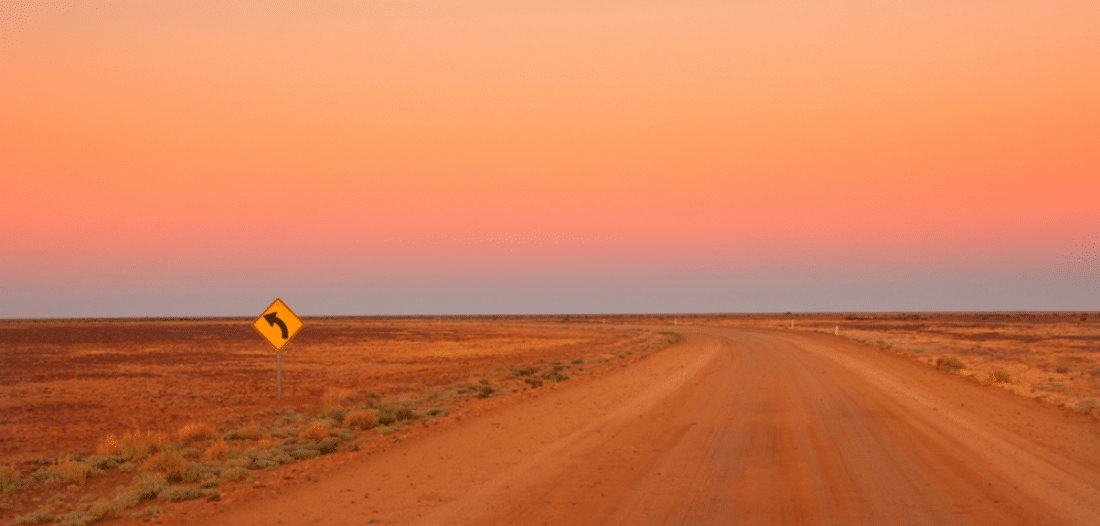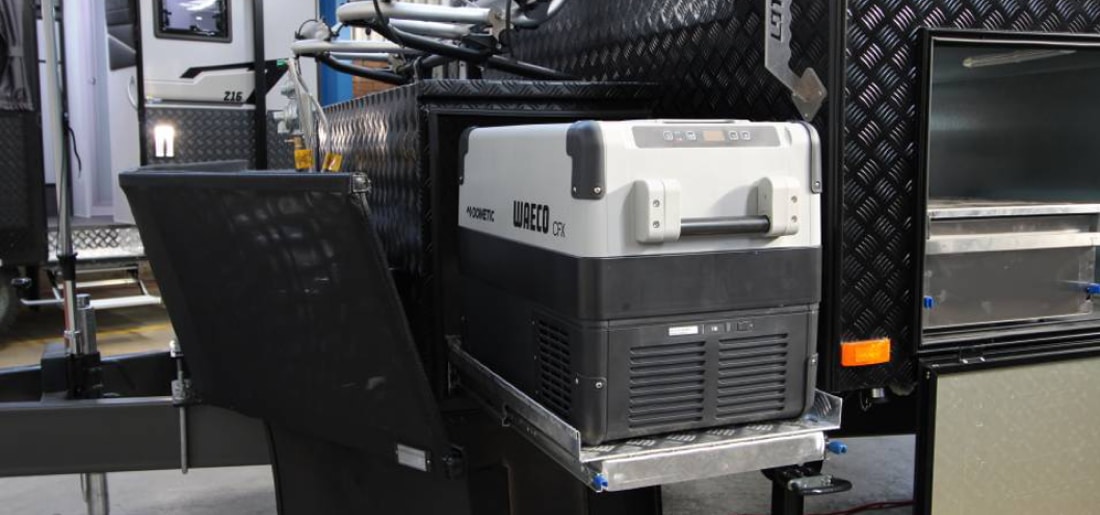10 TIPS FOR OUTBACK TRAVEL
The Aussie population has never been keener to get out past the black stump and explore Australia. Here’s our quick-hit list of 10 tips to make outback travel smoother.
1. Bring Cash
It’s not the 1970s out bush anymore so most places you travel will accept Eftpos. But if you happen to find yourself at a roadhouse with its internet down, or needing to pay for a campsite with an honesty box there’s not going to be an ATM across the road. Keep $500 in your pocket with a mixture of big and small notes. You’ll probably still have it when you get home, but if you need it, you really need it.
2. Spend Money In Roadhouses & Towns
The roadhouses, private campgrounds, and isolated towns will be your life lines on our adventures. They’ll give you places to sleep, reception, fuel, and food. They’ll be a little more expensive than the places you’re used to but that’s the curse of needing to fill a fuel tank 600km from the nearest town. If you’re travelling through spend a little bit of money. Grab some lunch at the roadhouse. A few stubby coolers. Or even just top up your tanks. They support you, so do the same in return.
3. Let Someone Know Where You’re Going
If you break down on the side of the track the local NRMA van won’t be coming past half an hour later to lend a hand. If you’re going exploring off the beaten path there’s every chance the next person behind you might be days away. Keep in touch with friends or family back home and just let them know where you’re off to, and when you’ll be in touch again. If things do go pear-shaped it could save your skin.
4. Check For Road Closures
Google Maps is a fantastic tool for getting around the suburbs, and it’s got some pretty clever features to know when a road is closed. But if no one has been down that road for months it’s got no data to know it’s no longer open. If you’re planning a route that isn’t a major road between towns look up the road closures, or call a pub in town to ask. Getting 2hrs down a road to find out it’s washed out will ruin your day.
5. Don’t Be In A Rush
No self-imposed deadline is worth your life, and very few are worth a smashed windscreen. If there’s an oncoming road train on a dirt road don’t try and squeeze past them at 100km/h. Just pull over for a minute and let them past saving you a shower of rocks in the process. Likewise, if you’re behind a road train and can’t get past, pull over and have a drink break. The 5 minutes you save won’t feel worth it when you see the state of your paint from overtaking.
6. Water Is More Important Than Food
You can survive weeks without food, but only a couple of days without water. If you’re umming and ahhing, just throw in an extra slab of water, or top up your drinking tanks before you leave the roadhouse. The outback isn’t a place you want to run dry.
7. Stop And Ask People If They Need Help
While Wolf Creek might be an actual place, most people you’ll cross paths within the outback will be friendly. If you’re motoring along and come across someone pulled over on the side of the road just slow down and give them a thumbs up. If they return it they’re golden and you can keep motoring. They might need water, fuel, or just for you to pass a message along in the next town for them.
8. Have A Get Out Of Goal Free Card
Help won’t always find you, so you might need to find it. With how affordable GPS trackers, satellite phones, and emergency beacons are these days you’d have to have rocks in your head not to tuck one in your glove box so if it all goes pear-shaped you can call for help. It might be expensive calling the roadhouse you passed two hours ago to come to give you a tow, but not as expensive as trying to walk 150km in the heat.
9. Don’t Drive Past A Roadhouse
There are no service stations every 10 minutes in the outback so you can’t just drive until the fuel light turns on. Unless you’d bet your life on knowing the next roadhouse is open duck into the one you’re about to pass and top up the tank. Most roadhouses are generally about 250km apart in well-travelled areas. It means you can miss one, but rarely two. If the next one down the road is closed you could be in strife.
10. Don’t Trust The Maps
Maps are an indicator but aren’t always super accurate. That town it shows an hour away might not have existed for a hundred years. Or could be little more than one family’s station with no facilities on there. Likewise, that road it shows could be a goat trail running through the back of someone’s property through multiple locked gates. As a general rule, the further off the main roads you are, the less accurate the maps will be for your needs.
This article was originally published on Mr4x4.com.au.




